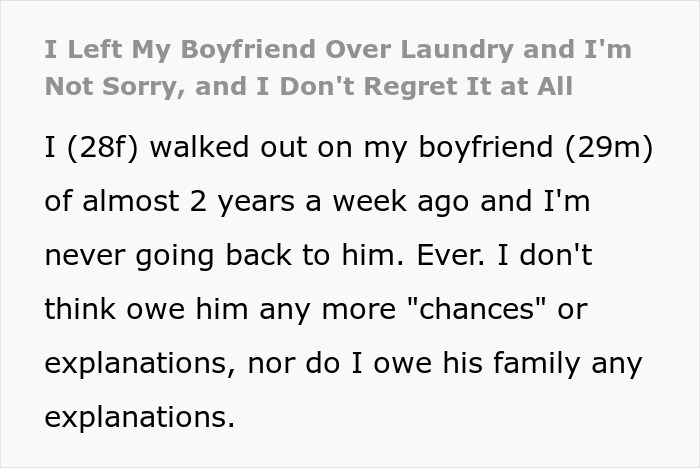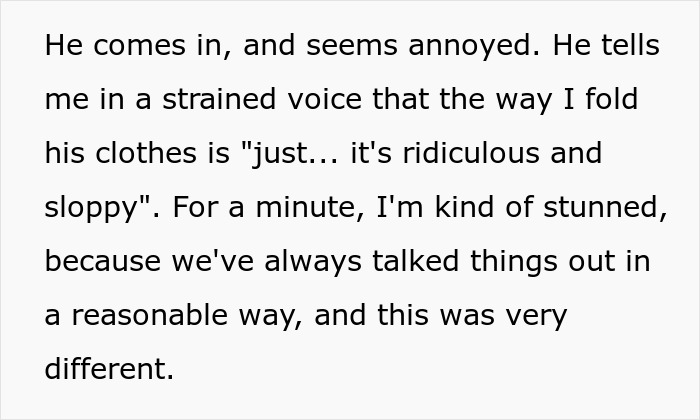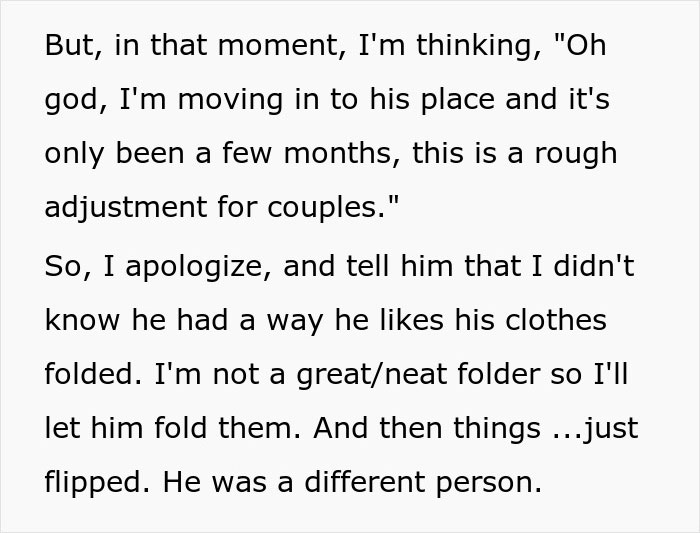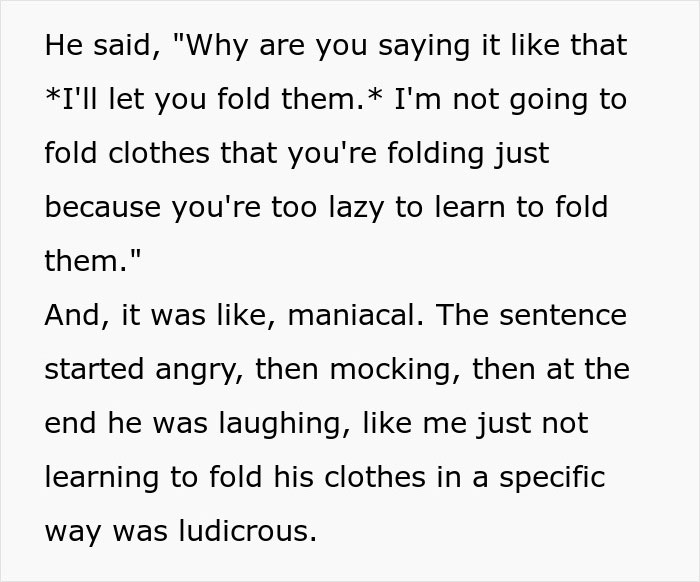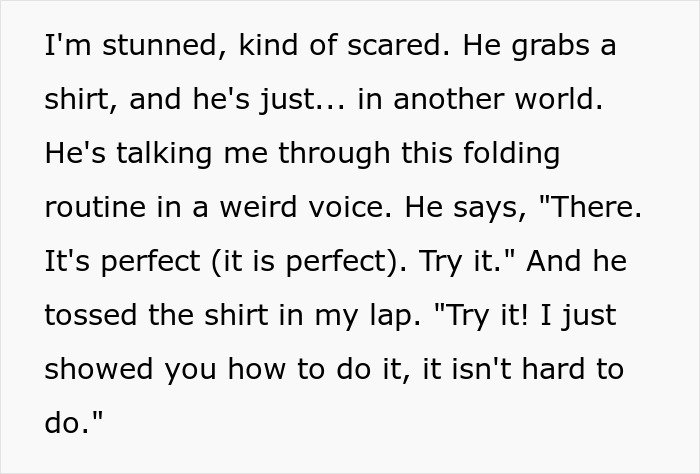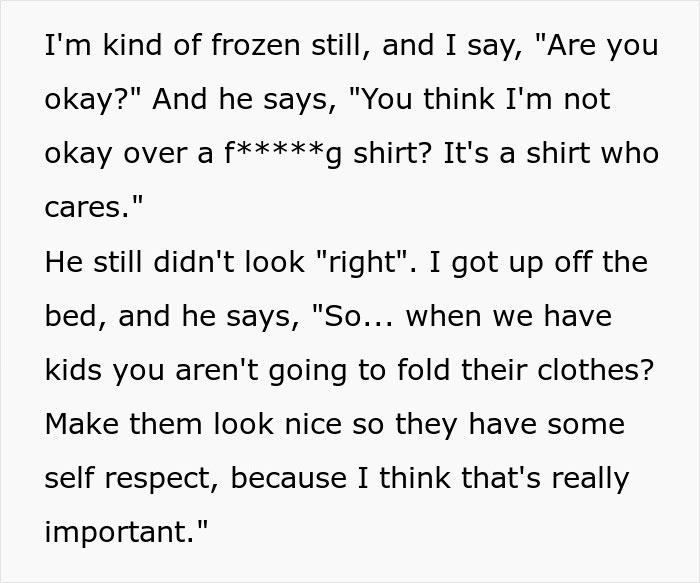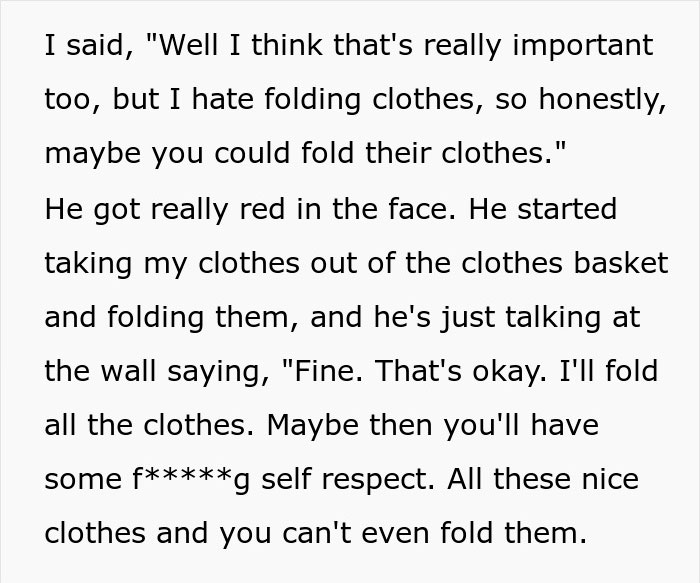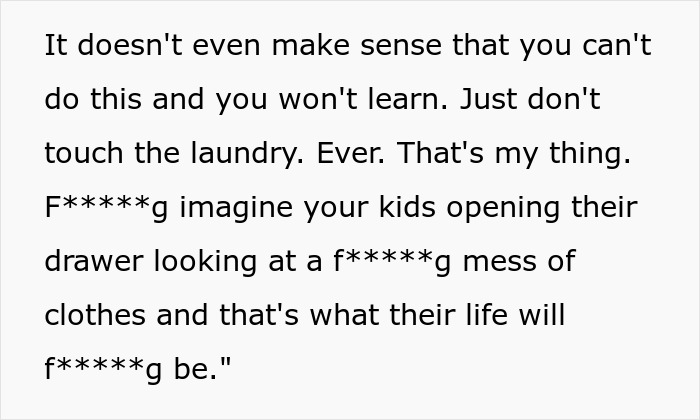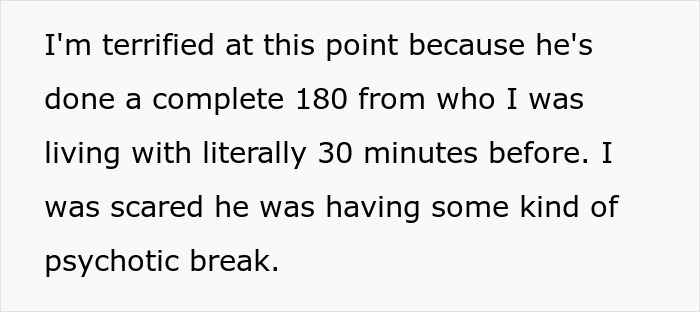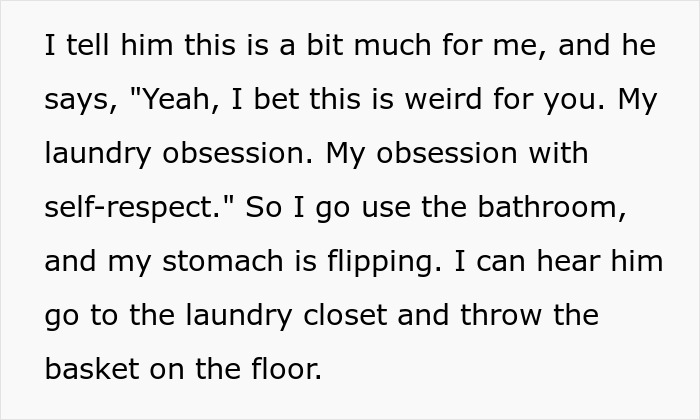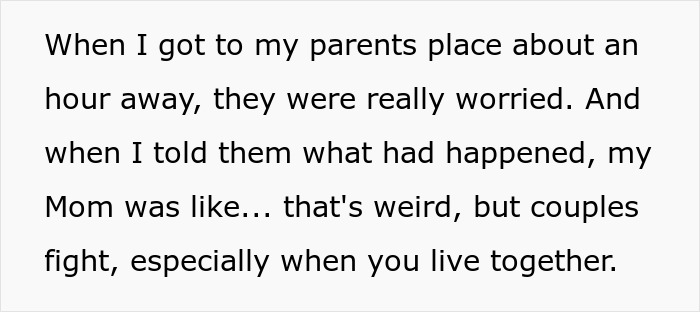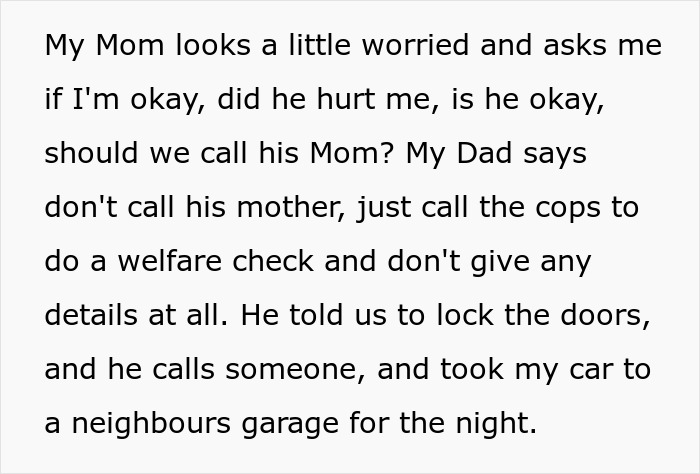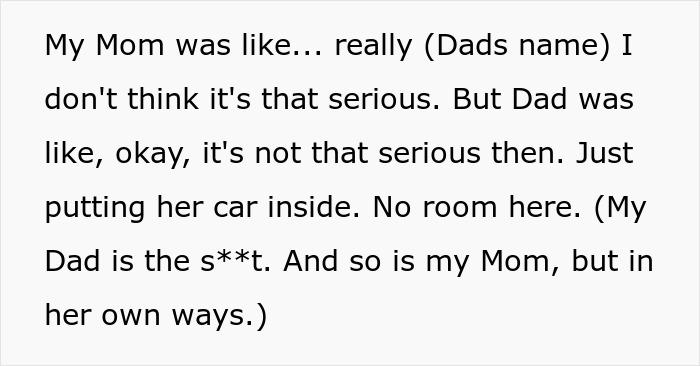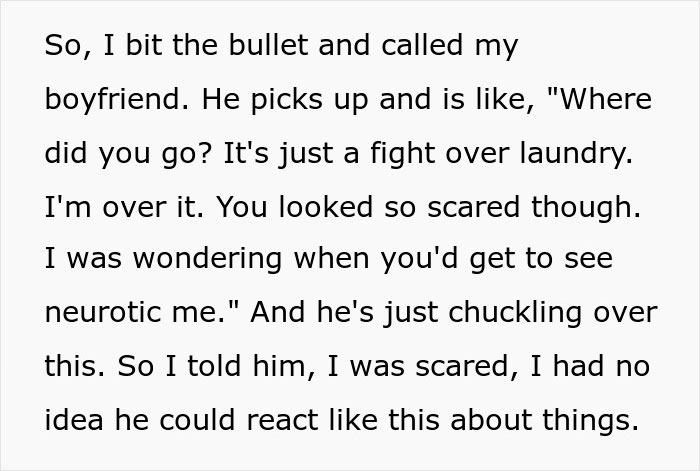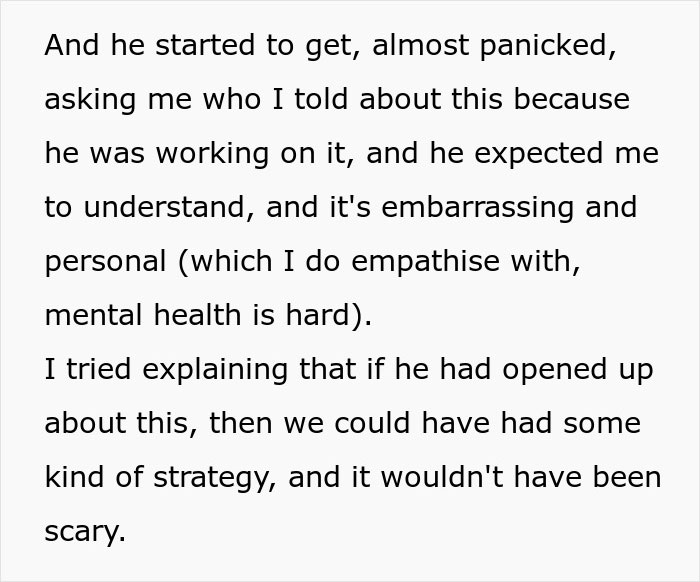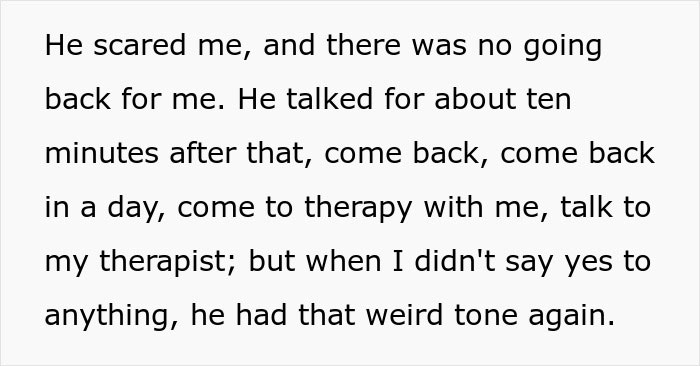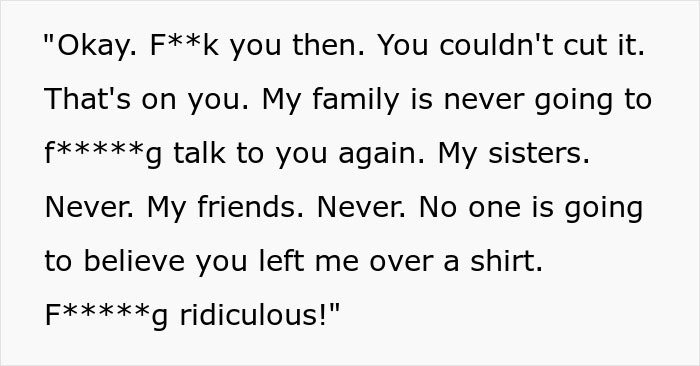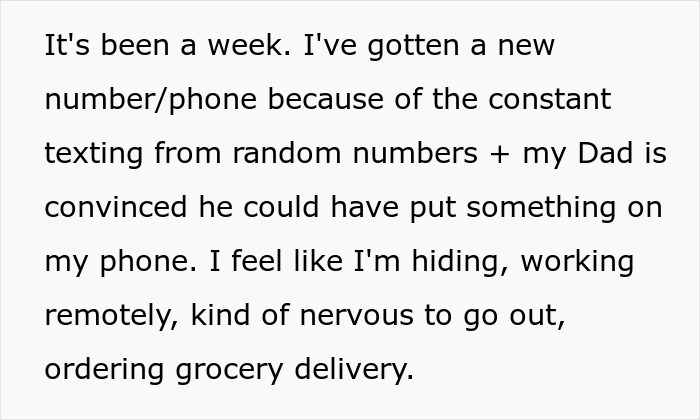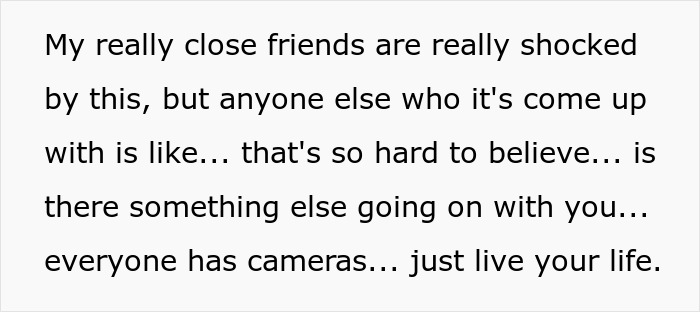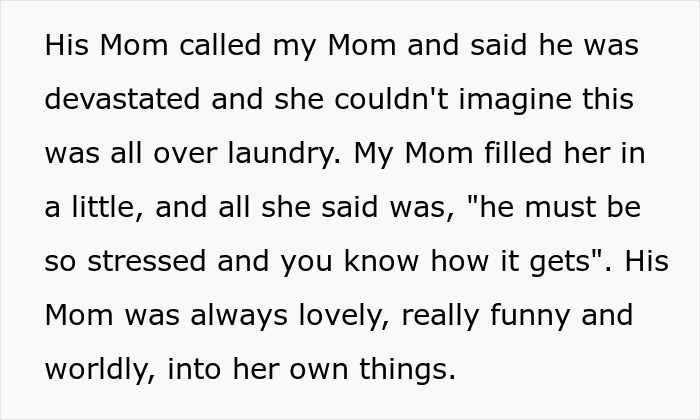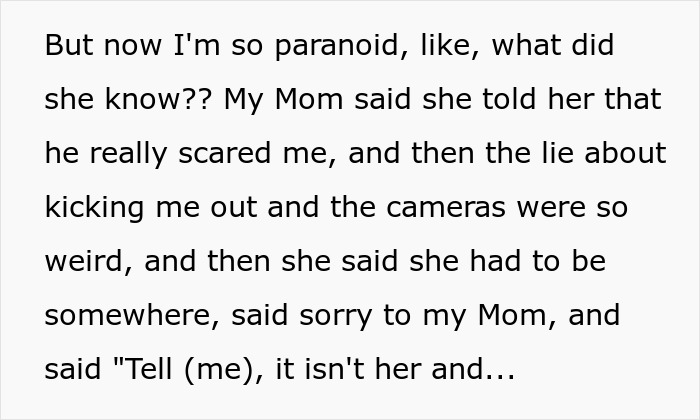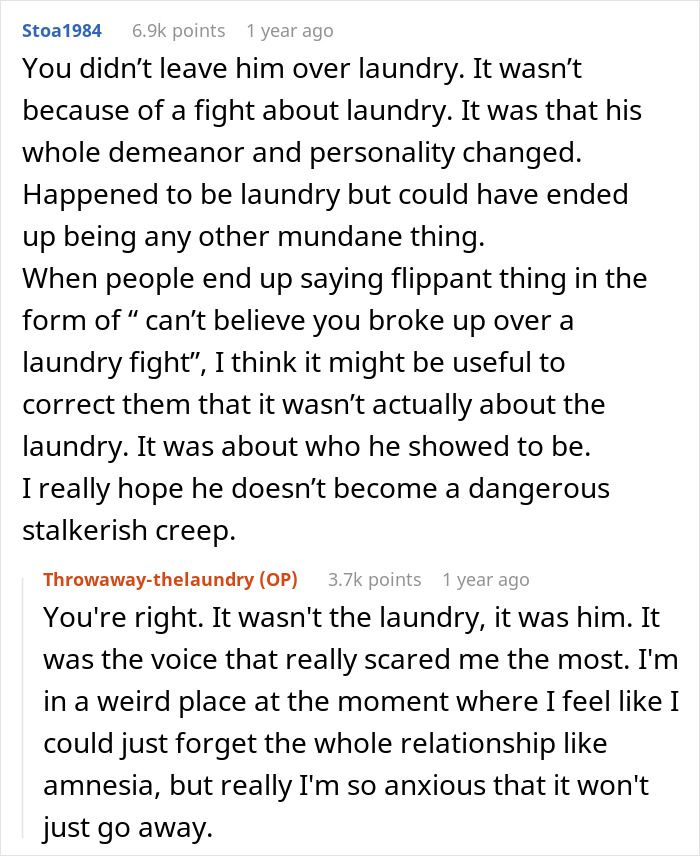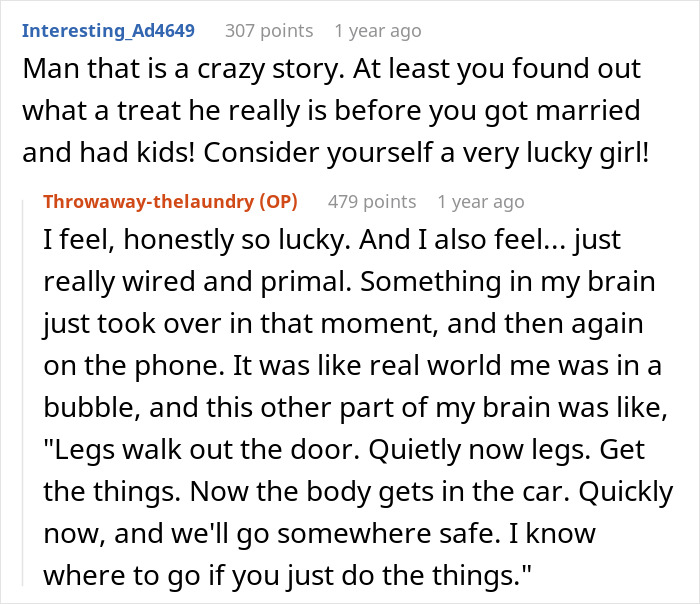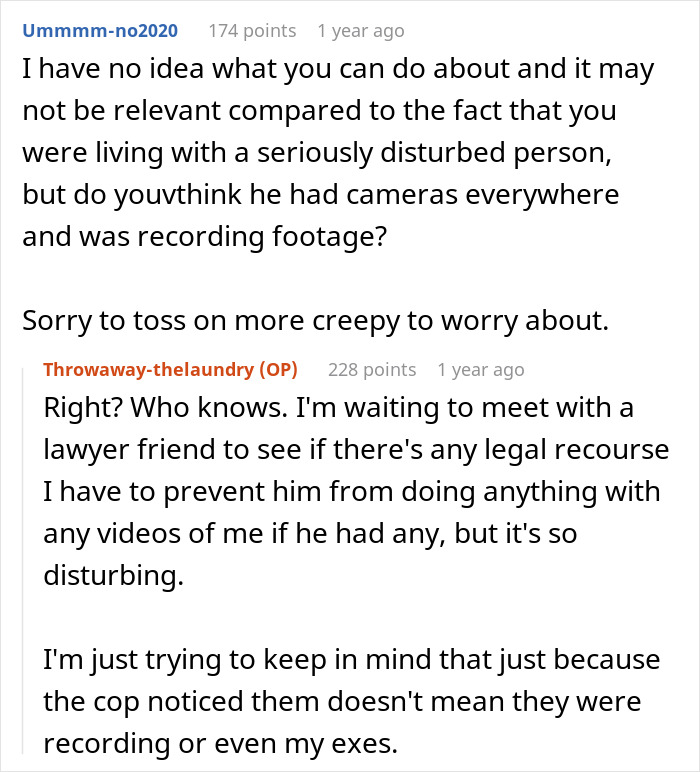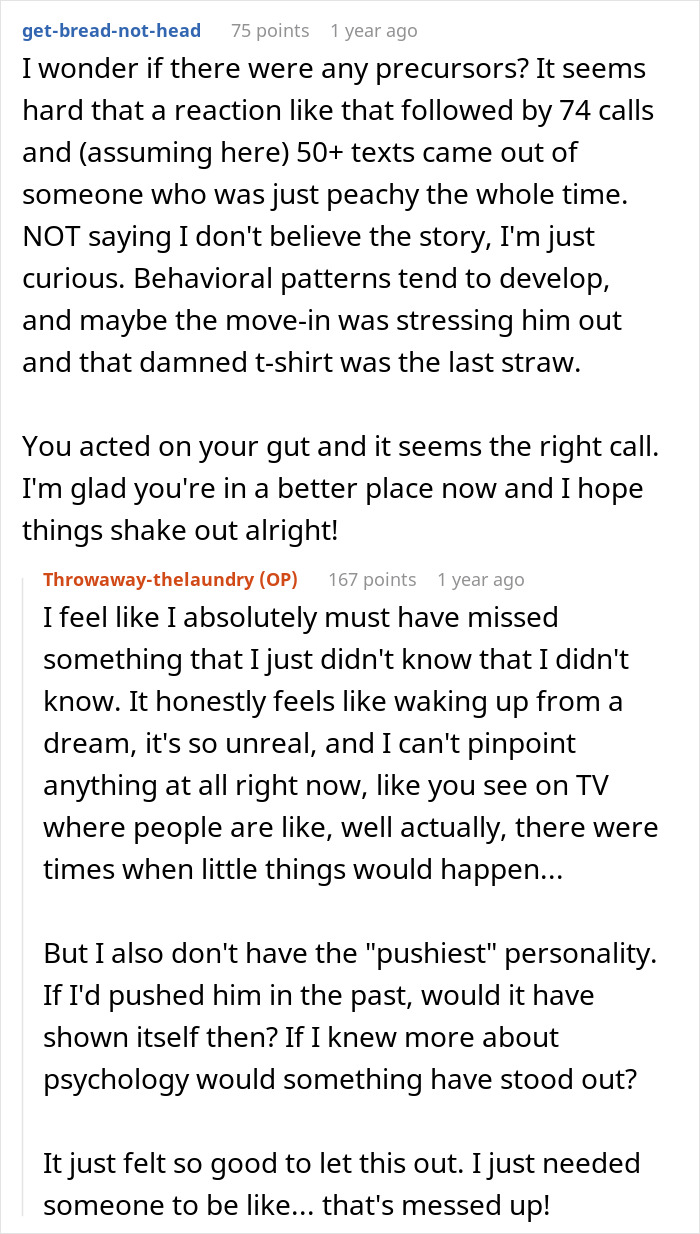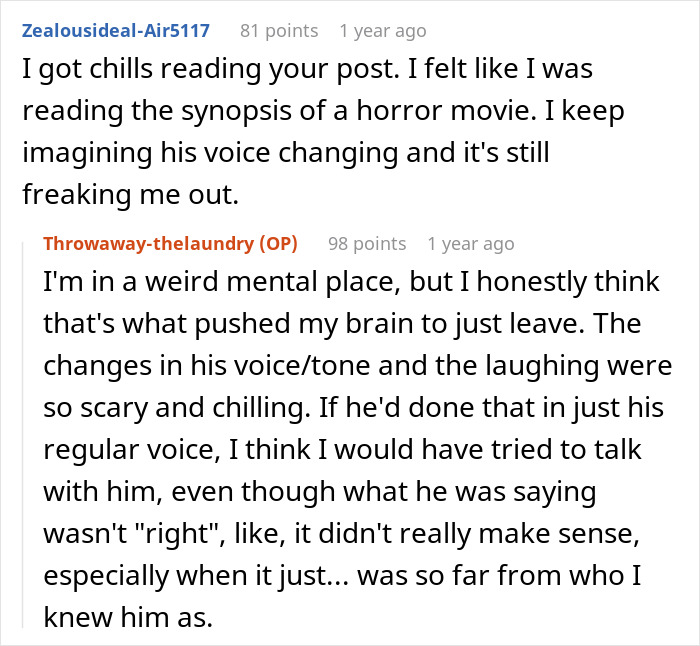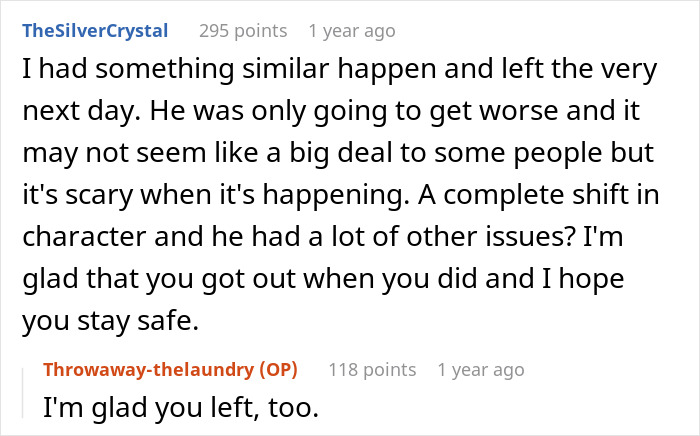Moving in with your partner can be an incredibly exciting time, as it means finally taking your relationship to the next step. But it can also be extremely stressful. Pet peeves suddenly become apparent, and compromises seem to be constantly creeping up. While most couples find a way to work through this rocky period, sometimes we immediately know it’s time to call it quits.
After an argument about laundry between one woman and her boyfriend escalated, she decided it would be best to get out and never look back. Below, you’ll find the full story that she shared on Reddit, as well as a conversation between Bored Panda and couples therapist Dr. Kathy McMahon.
After moving in with her boyfriend of nearly two years, this woman was imagining spend the rest of her life with him
Image credits: Sarah Brown (not the actual photo)
But after an argument about laundry quickly escalated, she decided to leave him and never look back
Image credits: nd3000 (not the actual photo)
Image credits: Jonas Lee (not the actual photo)
Image credits: Karolina Grabowska (not the actual photo)
Image credits: Throwaway-thelaundry
Later, the woman responded to several comments from readers and shared more details about the situation
“A person can feel angry without acting destructively”
To gain more insight on this situation, we reached out to couples therapist Dr. Kathy McMahon, who was kind enough to have a chat with Bored Panda about her thoughts on this post. “The early days of dating, cohabitation, and engagement are a period of exploration and discovery. Two people reveal themselves to each other. Ideally, each wants to be known by the other,” she explained. “Conflict during this period is also inevitable. This conflict, too, reveals yourself, both in how you conduct yourself and what you say or don’t say. Being angry while remaining respectful isn’t uncommon, however, that’s not what happened here. A person can feel angry without acting destructively.”
Dr. McMahon went on to note that “the conflict may have been, on the surface, about folding laundry, but that wasn’t the big reveal. He showed his capacity for contempt, rage, belittlement, and ridicule. Even throwing the laundry basket demonstrated violence. Keep in mind that this happened in the courting phase, typically thought of as a time of happy engagement.”
The therapist shared that the OP was right to say that if she had understood her partner better, if he had discussed this issue with her previously and she had known how to connect to him, there might have had a different outcome. “But her partner could not reveal this truth about himself. He could only demonstrate it,” Dr. McMahon explained. “And, as those with dark secrets tend to also reveal, he projected. His own disgust at the destructive impacts of ‘misfolded laundry’ on the ‘self-esteem’ of the children was his dim awareness of his own traumatic impact on his future offspring.”
Dr. McMahon supports the OP’s decision to leave her partner, noting that we used to call what this young man had ‘demons.’ “We later called those who treated him ‘alienists’ in the early 1900s,” the psychologist added. “We were, at that time, rudimentary biologists trying to determine what brain dysfunction we might discover to explain this odd and destructive behavior. This was replaced by the early psychology philosophers like Freud and Jung with ‘depth psychology’ that linked early development with later pathology.”
Image credits: fauxels (not the actual photo)
“You need to know, own, and be able to handle your own demons to be good partner material”
Dr. McMahon noted that in English, we think of an “alien” as a foreigner, or as a being from outer space. “But we can also consider it as an act: as in to isolate, declare hostile, or become rejecting or unfriendly. And so much of mental health is the capacity to relate in a positive way, at least to our most cherished others. [In this case, the woman’s] partner ‘alienated’ himself from her in a most dramatic way.”
And while it’s impossible to say exactly why this man acted in the way that he did, Dr. McMahon says we do know why his behavior was so destructive to their blooming intimacy. “He attacked her character, her capacity, her intentions, and even attacked her ability to be a positive influence on her future offspring. Rather than acknowledging OP’s attempts to find solutions, he showed contempt for them, acted as if he were the ‘wronged’ party, and was intimidating.”
“If this is a teaching tale, it should emphasize not only OP’s valid reasons for ending the relationship but a warning to those who harbor a cauldron of secrets,” the expert told Bored Panda. “The courting phase is a time for revealing those secrets in a thoughtful manner. It is a time to demonstrate that you are well aware of the problems you have and have a basic understanding of how your behavior can negatively affect your relationship. It is a time to offer possible intervention and to acknowledge that such acts of kindness on your partner’s part are appreciated but not mandatory. You need to know, own, and be able to handle your own demons to be good partner material.”
“[OP’s] partner demonstrated contempt, disgust, criticism, and poor impulse control, both during and after she left (with him unending phone calls and messages),” Dr. McMahon continued. “His emotions were dysregulated, and he wasn’t interested in solutions, he was interested in putting her down, blaming her, and future-casting her in a negative light. Her fear, of course, was not that ‘he wasn’t himself,’ but that he, in fact, was. That she was seeing his ‘true nature’ for the first time. He removed the mask that he had placed so firmly on his face for so many years.”
When it comes to why we try to conceal our worst sides from our partners, Dr. McMahon says there are a variety of reasons, but manipulation and mental illness are two possible explanations. “The former can’t be discussed because attempting to control the other is the goal,” she explained. “However, for those suffering from mental illness, that conversation should happen when a clear potential for a long-term relationship is known. And it’s not a time for ‘show and tell.’ That should happen calmly and before any incidents. To do so makes the ‘alien’ in us less foreign, more approachable, and offers options and pathways forward in an intimate relationship.”
Image credits: Engin Akyurt (not the actual photo)
“We so often, as women, have been trained to not listen to our inner voice and to forgive and forget”
And while we would all love to know how to spot the subtler signs of a problematic relationship early to save ourselves time and heartbreak, Dr. McMahon says that sadly, this isn’t always possible. “There are those who cultivate and groom us, relying on our very humanity and capacity to attach intimately, before ‘letting it all hang out’,” she noted. “Sometimes the grooming is very hard to detect, especially if we are inclined to give others the benefit of the doubt. In this case, this man knew he was holding onto a secret, and expected her to keep his destructive secret once he showed it.”
“The caring person may ask themselves if they are ‘overreacting’ to a single incident, and whether the two years of a positive relationship should override any deeper fears,” the expert continued. “My answer to this has to do with not only the incident itself but the follow-up behavior and what their ‘gut’ tells them.”
“We so often, as women, have been trained to not listen to our inner voice and to forgive and forget. But in these cases, there was a conscious attempt to withhold information that OP should have known all along,” Dr. McMahon pointed out. “He acted in a way that caused her deep fear. And, perhaps more importantly, she felt like she ‘saw him,’ his true nature, for the first time. This is not ‘overreacting.’ This is an appropriate reacting.”
Finally, the expert noted that “we all deserve to be with a life partner we feel safe with, someone who knows how to disagree respectfully (even when angry). Choosing the right person has an immense long-term impact and in this area, it makes the most sense to be very, very picky.”
If you’d like to learn more about Dr. McMahon or reach out for guidance from her and the rest of the team at Couples Therapy Inc., be sure to visit their site right here. And if you’re interested in reading another Bored Panda article featuring a woman who was right to leave her relationship, we recommend checking out this piece next.
Readers applauded the woman for trusting her gut and keeping herself safe
The post “He Scared Me, And There Was No Going Back”: Woman Details How One Fight Over Laundry Led Her To Leave Her BF Of 2 Years first appeared on Bored Panda.
Go to Source
Author: Rasa Žilinskaitė

